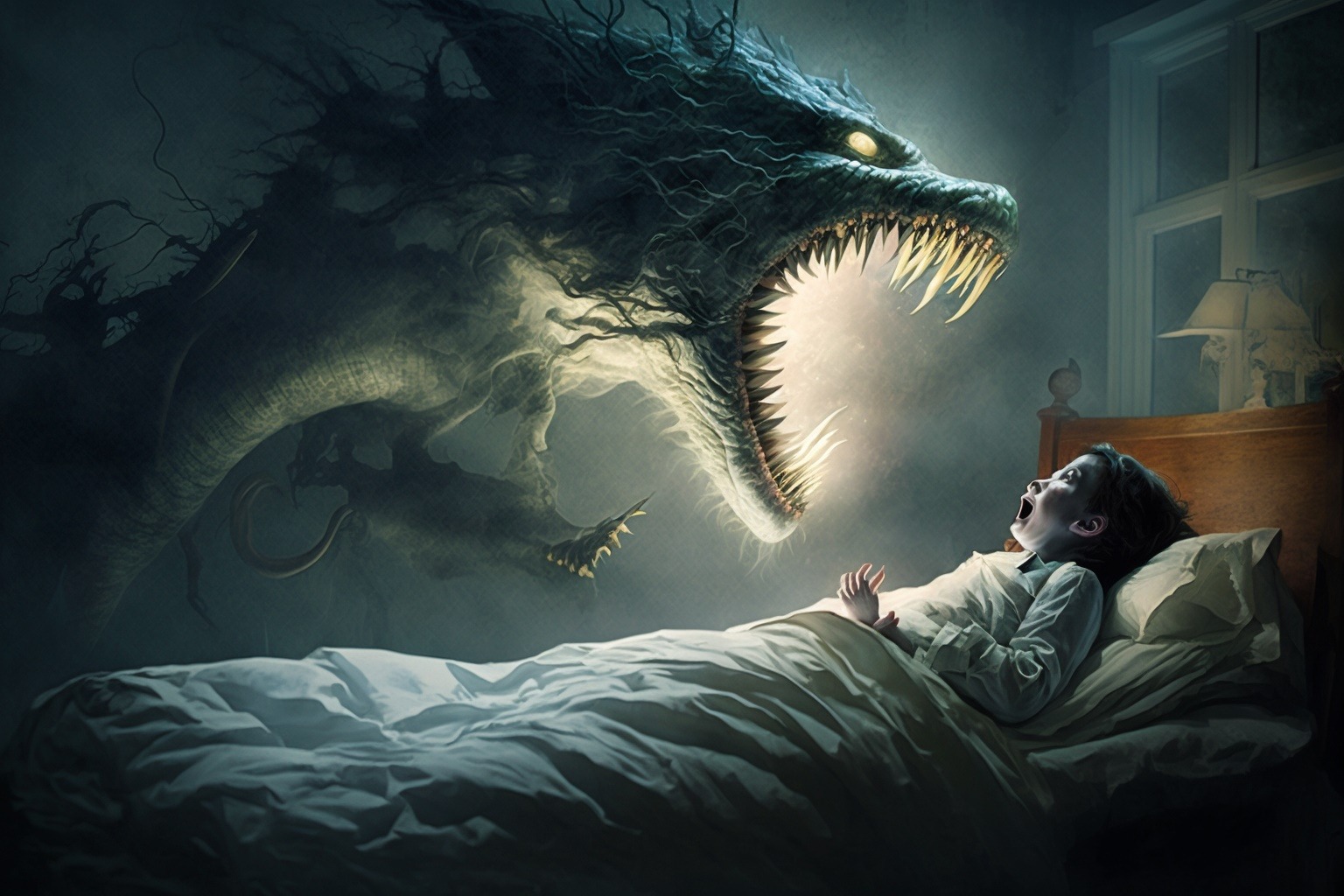Isolated sleep paralysis (SP), which is not related to conditions such as narcolepsy, is not a disorder, but it can be a frightening experience for many individuals. During SP, the person is suddenly unable to move or speak upon awakening or falling asleep and may experience hallucinations.
A group of scientists from the UK, the US, and Spain, led by Betul Rauf and including one of the leading researchers in SP, Brian Sharpless, conducted a survey of more than six thousand people. As noted by the authors, so many patients find SP episodes frightening that it is surprising that effective treatment methods have not yet been developed.
Overall, just over half of the participants reported at least one SP episode, with women and young people more likely to experience SP. Historically, episodes of sleep paralysis have been associated with supernatural beliefs in different cultures (such as jinns or ghosts), but specific respondents more often believed that SP was caused by “something in the brain,” stress, or the effects of medication. The majority (76%) reported a moderate or high level of fear. One in four suffer from SP on a regular basis.
The most effective ways to prevent SP, predictably, were found to include classic advice such as not sleeping on one’s back and establishing healthy sleep habits. Ensuring a comfortable sleeping environment also proved effective: for example, some people prefer to sleep with the light on, in an open space, and avoid excessively warm bedding under a down comforter. When experiencing an episode of sleep paralysis, the scientists recommended focusing on positive thoughts and breathing.
Have you ever experienced fear during phase states (sleep paralysis, lucid dreams, etc.)?
The article was published in March 2023 in the journal Sleep Medicine.
Get all the latest news about lucid dreams via our channels on Telegram, Instagram, Facebook




